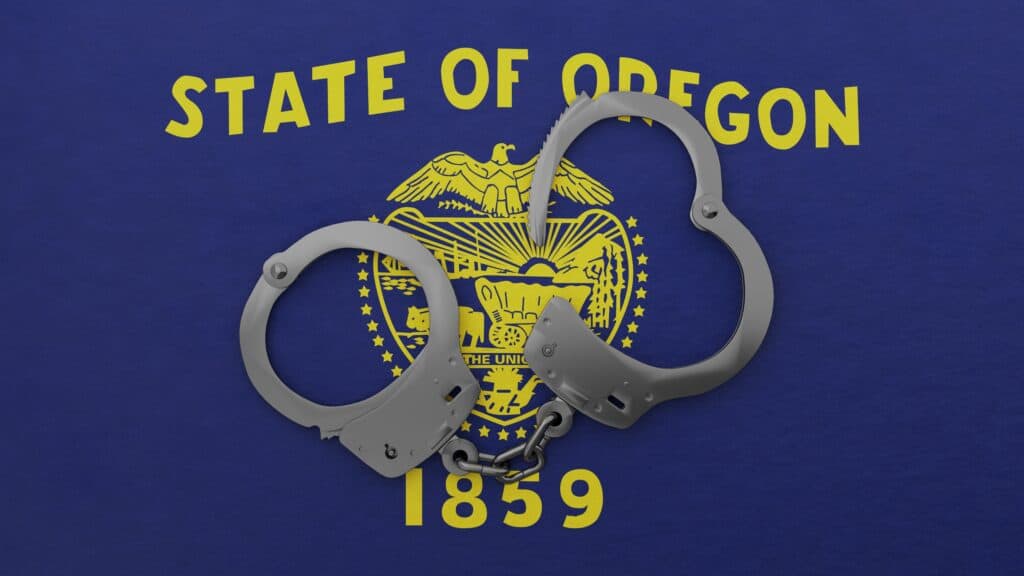Nine years ago, Colorado and Washington were the first states to make cannabis legal for adults, and Oregon quickly followed suit. These pioneering legalization programs weren’t written with equity in mind, and, in fact, made it difficult for people with prior cannabis convictions to become part of the legal industry. When you combine this error with a high cost of entry and residual trauma from the War on Drugs in communities of color, you get an overwhelming white industry that has also excluded most of the legacy operators who gave us great weed in the first place.
But all is not lost. In cities and states that legalized adult use more recently, cannabis legislation typically attempts to address the industry’s lack of diversity, and thus includes equity programs from the get go. And of the three original states to legalize adult use, Colorado and Washington have since implemented programs to make their industry more inclusive to the people hit hardest by the war on drugs.
Although these efforts are far from perfect, they’re better than nothing. According to a recent report on equity policy, Colorado now ranks number one in the nation for its equity efforts. On this metric, Washington ranks 7, while Oregon is trailing behind in the twelfth position, outranked by notoriously conservative Arizona.
In the words of the report: “Oregon led some of the country’s earliest legalization measures but has failed to keep up in the equity arena. The state’s expungement process is cumbersome, and disenfranchised applicants could use more effective programming to sustain their businesses. State public health resources do not focus on any positive cannabis outcomes.”
So what’s going on? Oregon is an integral part of the cannabis industry’s rich history, Oregon activists have been instrumental in the fight for legalization, the state has a reputation as progressive, and Portland was a hotspot during the summer of George Floyd. So why is Oregon’s equity legislation dead in the water?
Otherwise known as the Oregon Equity Investment Act, HB 3112 was arguably the most progressive and comprehensive piece of cannabis equity legislation ever written. The bill would have established new cannabis business licenses specific to equity applicants, fast-tracked equity licenses, leveraged tax dollars to support automatic expungement for cannabis offenses, and invested 50 million+ per year into the communities most hurt by the War on Drugs.
When we spoke to several of the bill’s proponents in May, everyone was optimistic that it would pass. And why not? HB 3112 had widespread industry support and was championed by a cadre of legislators, including the indomitable Representative Akasha Lawrence Spence (D). It was also a thoughtfully crafted piece of legislation that had grown organically out of the social justice movement.
In the words of Jeannette Ward Horton, founder of the Cannabis Equity PAC and executive director of NuLeaf Project, “We urgently wanted to pass HB 3112 this session because we believed our collective community’s outcry to correct criminal justice system ills must include an economic justice response. We felt HB 3112 was urgent to pass because Black, Indigenous and Latinx Oregonians, already at the economic margins, are disparately suffering the economic and health impact of an ongoing pandemic. The investments in economic justice are needed now.”
So what happened? The bill had already passed through numerous hearings and committees, but it never made it to the Joint Committee on Ways and Means, which determines state budget policy. It was stopped by the three co-chairs who serve as gatekeepers. All three politicians are Democrats.
“Everyone was really surprised,” says Ward Horton, adding, “We don’t have a good explanation for why. Ultimately, we weren’t met favorably by the tri-chairs and the bill died on their desks…It wasn’t supported at that level. And that’s problematic.”
We reached out to tri-chairs Senator Betsy Johnson, Senator Elizabeth Steiner Hayward, and Representative Dan Rayfield for comment but received no response.
After a year of writing and championing the failed bill, Ward Horton sounds weary, but says their work group will reconvene and build a new strategy for bringing Oregon’s industry up to speed on equity. In her words: “We still need cannabis equity licenses, we still need automatic expungement, we still need economic justice for the communities most harmed by our criminal justice system.”




